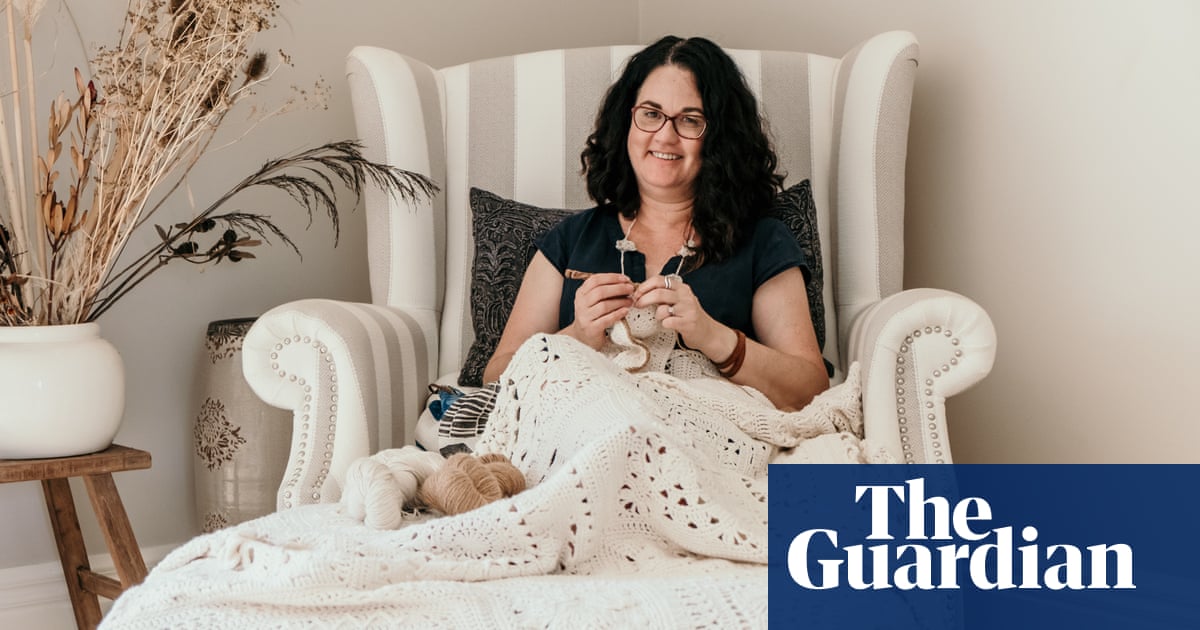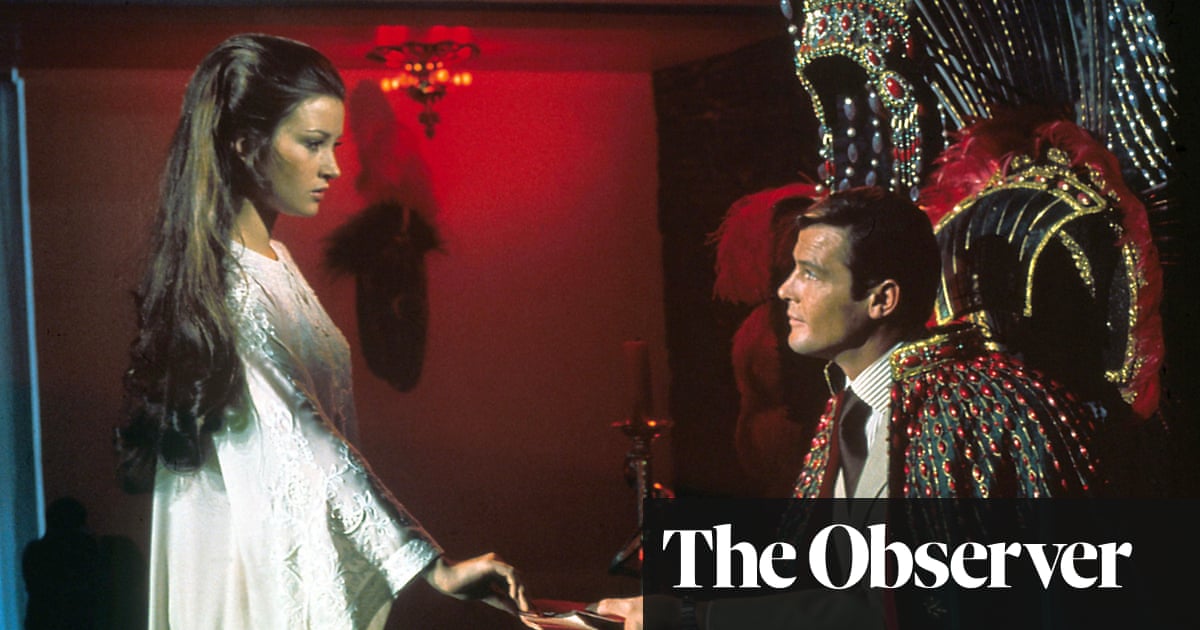
Alittle corner of my heart has always warmed at the sight of a granny square blanket, in cheery colours, slung carelessly over an armchair. If you grew up in the 1970s, when granny squares adorned everything from shorts to slippers, perhaps you respond with a shudder rather than a sigh of content. But as a child of the 80s, I’ve always thought of them with a rush of woolly nostalgia.
Crochet is one of the more accessible forms of fibre art, and the granny square is practically synonymous with it. Its popularity has hardly waned – you can spot granny square dresses everywhere from market stalls to the pages of Vogue. Just ask Shelley Husband, Australia’s granny square queen. Her eight beautifully produced books of granny square patterns have sold thousands of copies – a huge coup for a self-published pattern designer – and in 2019, her book Granny Square Flair won a prize in the British Knit and Crochet awards.
Granny squares are the perfect entry point to crochet, says Husband. She made her first one at the age of 10.
“When my mum was pregnant with my sister, we made the classic granny square blanket for my baby sister together,” she says. “I have a very vivid memory of me sitting on the lounge room floor and my mother and my grandmother nudging each other and looking at me going, ‘She’s pretty fast, she’s pretty good.’”
It would take Husband, now 55, more than 30 years to pick up the craft again, but the moment was life-changing. “I was like, ‘wow’. I found my thing. I just deeply understood it. And before I knew it, I was designing my own patterns.”
Originally considered a form of knitting, but using a hook rather than two needles, crochet results in fabric that has a slightly knobbly texture and lots of structure, which lends itself to shaping for garments, of course, but also accessories, homewares, toys and more. It’s a versatile craft with a low barrier to entry: yarn, hook, needle and scissors are all the tools you need to get started, and the basic stitches are easy to learn.
I picked up one of Husband’s books, Granny Square Patchwork, shortly after breaking a finger, looking for a craft that would be manageable with one hand mostly out of action. I had a regular 4.5mm hook and a plain ball of parchment-coloured cotton, and I found myself working through the smaller squares in the book quickly, pleased with how simultaneously challenging and achievable they were, even for a relative beginner.
Husband’s prolific design folio stems, she says, from a need to be stimulated by the project she’s working on.
“Making something new come to life is what gives me my brain buzz, that’s what I really love,” she says. “I couldn’t make the same square a hundred times for a blanket. I need to make something different every time. That’s where the joy of crochet is for me.”
The versatility and portability of the granny square is perfect to improvise with. “They can be all different sizes, but a common size is about 6in, or 15cm square. You can sit down and do that in one sitting. You can take it on the bus on the train, whatever. And you get that sense of accomplishment when you finish a square.”
All those little accomplishments can add up to something big, too: Husband’s most prized work is a huge 3m x 3m patchwork blanket, which usually lives in her cupboard but comes out on display for stalls and shows.
Crafters often speak about a meditative calm that comes over them when they create, but for Husband, who is “not very good at dealing with silence”, it’s the challenge that’s the hook. “If I’m overwhelmed with life, too many things happening, my number one thing to do is just sit down and design a new granny square, because that takes up so much of my brain space,” she says. “I solve a problem and I feel good.”












